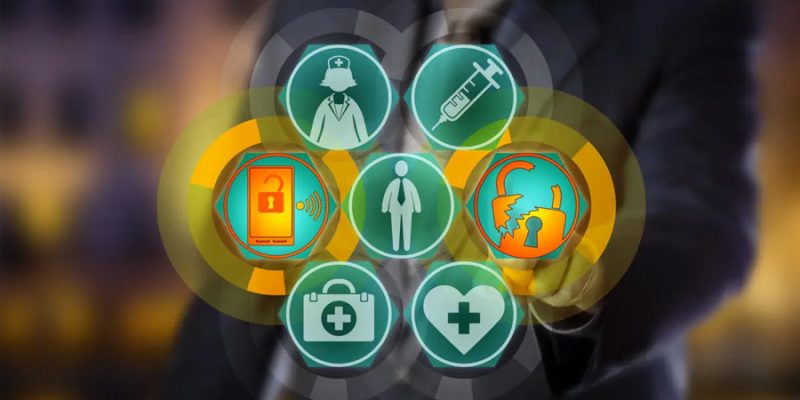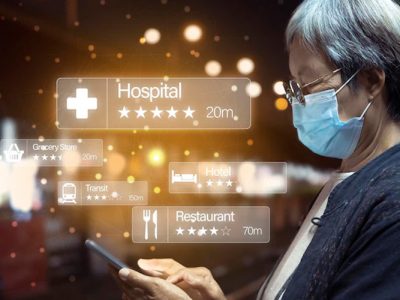
The long-lasting effect of Covid-19 on healthcare data and its trendy threat
Within countries, though, the scale and amount of disruptions have commonly decreased. In 2020, countries reported that, on average, approximately half of necessary health services were disrupted. Healthcare data allows health systems to create holistic views of patients, personalize treatments, advance treatment methods, improve communication between doctors and patients, and enhance health outcomes. Countries still have to make essential decisions when responding to the effects of the COVID-19 pandemic on healthcare. Relocation of staff to offer COVID-19 help and provisional closures of health facilities in pandemic time and services carry on. Although they may have taken on fresh staff, 66% of countries carry on reporting health workforce-related reasons as the general causes of service disruptions and threats to healthcare data. Supply chains are also still disrupted in almost 1/3 of countries, distressing the accessibility of crucial medicines, diagnostics, and the PPE needed to safely and efficiently provide the care these are some of the effects of the COVID-19 pandemic on healthcare.
As health services evolve with the latest technology and legislation, the security threat to our most private data is also varying. Given below are five of the biggest threats to healthcare data in the latest digital era:
1. Hackers and the chance of “hacktivism”
Nothing is blessed in the realm of data theft, as shown by the Community Health Systems (CHS) Heart bleed attack. Before this year, hackers broke into the databases of CHS, it is one of the largest hospital groups in the United States (U.S), and accessing the patient’s data — counting social security information — from around 4.5 million patients.
2. Health data exchanges and electronic health records
U.S. lawmakers love nothing more than an excellent acronym. As part of 2009’s Recovery Act, legislators approved the Health Information Technology for Economic and Clinical Health (HITECH) Act. HITECH encourages healthcare providers to accept electronic health records (EHRs) for their patients and health information exchanges (HIEs) to assist doctors in sharing patient data. HIEs make a ton of logic to any patient who has had to fax blood work from their chief care doctor to, say, their gastroenterologist (it’s honestly hard to believe that the fax machine has survived into 2015.)
3. Old-fashioned technology in hospitals
Running a hospital isn’t inexpensive, and when you’re prioritizing the most up-to-date MRI technology or increasing staff to meet uprising needs, sometimes IT finances can fall by the edge. End-of-life (EOL) software and infrastructure provide a healthcare data security risk as vendors stop support for your IT systems, counting essential security patches. While biting the bullet and purchasing a brand new server can be harsh on the financial plan, it’s easier than dealing with the fallout of a data violation.
4. User error in technology acceptance
Another healthcare data security hazard of EHRs is the easy patient-user mistake. Once accessing your lab work from your provider’s gateway, your medical confidentiality is in your hands. If you stock up your data in unencrypted folders in the cloud, or if you send your outcome to your mom by using email, you have an easy pathway for a hacker to enter your most private data.
5. The adoption of cloud and mobile technology in healthcare
Just how ubiquitous is the cloud in healthcare? It is so much that 80% of the whole healthcare data is predicted to “go by the cloud at some point in its life span” by 2020 (InformationWeek). Healthcare mobile apps are also a rising industry, leaving patient data prone to the vulnerabilities of the cloud and personal mobile devices. While it’s comparatively easy to encrypt data at the break in the cloud, data in use — that is, data being used by an application, as opposed to sitting in storage space — is much tough to encrypt.



















